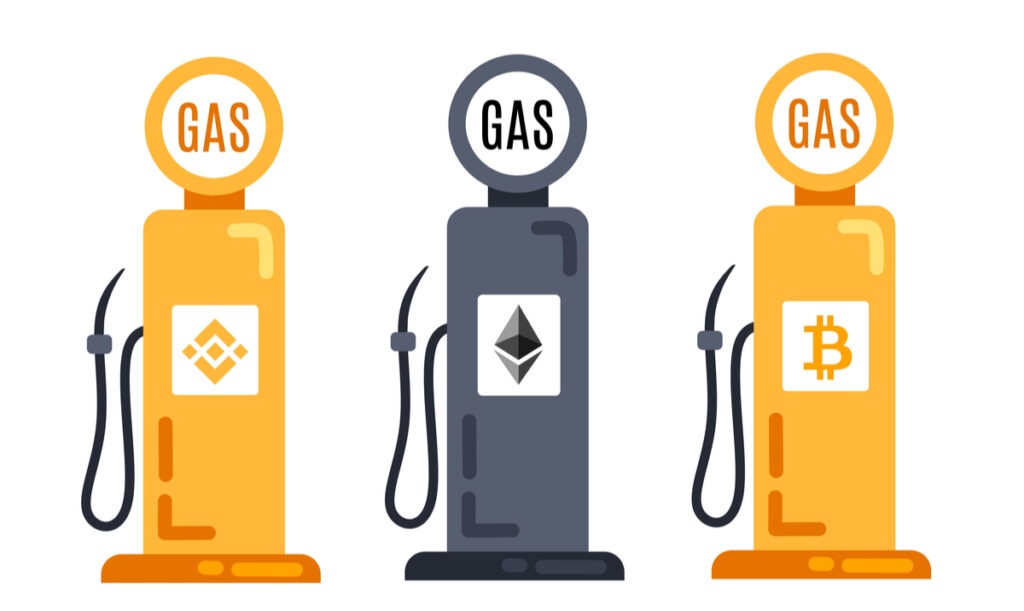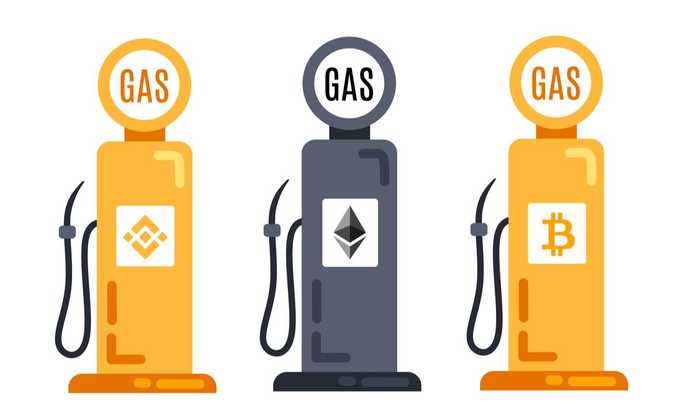Crypto Glossary
Gas
The term ‘gas’ refers to the unit of computing effort needed to perform certain actions on the Ethereum network. Due to the computing resources required to complete each Ethereum transaction, each transaction needs a charge. The term “gas” refers to the cost associated with completing an Ethereum payment.
What is “gas” in crypto trading?

When you hear the word “gas,” you may think of filling up your vehicle or perhaps what you ate earlier. Still, in the context of cryptocurrencies, the word has a specific meaning. The computing effort needed to carry out operations is known as gas in crypto.
When speaking about the Ethereum blockchain network, gas refers to the fee or price value that must be paid to properly complete a transaction or execute a contract. Gas is priced in small fractions of the Ether (ETH) cryptocurrency. It is used to allocate resources to the EVM (Ethereum virtual machine), allowing decentralized applications such as smart contracts to self-execute in a secure but decentralized manner.
The precise price of gas is set by supply and demand between the network’s miners, who may refuse to execute a transaction if the gas price falls below their threshold, and network users seeking processing capacity. The more sophisticated the transaction on Ethereum, the higher the gas fee will be.
How do these transactions work?
You compete with other people who are doing transactions on Ethereum, too. No matter where in the world you are, someone across the world may be using Uniswap to trade. Millions of transactions may be underway – all at the same moment, so people are competing to see who can have their transaction processed first. However, every new block in the Ethereum blockchain is created every 13 seconds. The actual quantity of gas contained in each block is just 12.5 million units. In this instance, it’s every man and woman for themselves, since everyone’s transaction is now up for grabs in the following block. When demand is strong, and supply is limited, the price of gas goes higher.
Taking too long for a transaction?
But before miners accept your transactions, where do they go? These transactions are added to the mempool, which is a portmanteau of the words memory and pool. All pending transactions reside in the mempool. The simple answer is that the mempool is the queue of pending validation. Miners select transactions that should be included in the next block from the mempool, and those transactions must first be validated before being accepted.
Oftentimes, when you set your gas price too low or lower than your peers at a given time, miners may likely choose not to include your transaction in a block, which means you may not be successful in getting it confirmed by miners. Since you didn’t set the gas cost high enough, your transaction will take a long time to process.
Gas limit
The gas limit for a transaction is the maximum quantity of gas you’re willing to consume. To do more complex transactions using smart contracts, a larger gas limit is required. To complete an average ETH transfer, the user must provide around 21,000 units of gas to the network.
